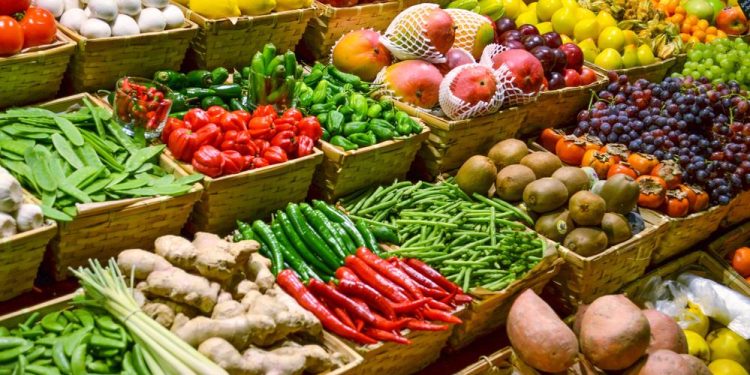Despite Sub-Saharan Africa’s trade with Russia and Ukraine making for less than 2.5 percent of the region’s total external trade, there is still a direct pass-through effect of increasing global commodity prices to domestic food prices in these Sub-Saharan African countries.
This was disclosed in the International Monetary Fund (IMF) Regional Economic Outlook for Sub-Saharan Africa: A New Shock and Little Room to Maneuver.
According to data from the United Nations (UN), ‘’Over the past decade, the Continent has seen growing demand for cereal crops, including wheat and sunflower, which has been mainly supported by imports than local production. Africa’s wheat imports increased by 68 percent between 2007 to 2019, surging to 47 million tonnes’’.
The Sub Saharan-Africa is heavily dependent on food imports from Russia and Ukraine particularly wheat, as its imports about 85 percent of its wheat from either of the two countries. What this means is that Sub-Saharan African countries will be on the frontlines of vulnerability when global food prices rise further if the conflict lengthens. This high exposure to supply chain disruption is because the continent agricultural production cannot effectively serve domestic demand.
Furthermore, a protracted conflict could spur a worldwide shortage in the supply of fertilizer causing food prices to soar higher as it will raise agricultural costs and have a knock-on effect on agricultural production and food security. These concerns are growing because Russia has a significant fertilizer production capacity, and with the sanctions imposed on Russia, commercial flow between the country and Africa will be interrupted.
According to the IMF, ‘’Russia is a key producer of natural gas and fertilizers (a key input to agricultural production), so an extended conflict will likely lift overall agricultural costs’’.
The impact of food and fuel price shocks, disruption in trade, supply chain, and investments set to plague the global economy will hit fragile African countries the hardest and erode short-term economic prospects. The IMF stated that ‘’food price increase will hurt the most vulnerable and may add to social tensions, particularly in fragile and conflict-affected states’’.
For some African countries like Nigeria however, higher oil prices and increased export demand for natural gas may provide the needed breather in this period of rising crises. The IMF said ‘’some countries may, however, benefit over the medium-term from European energy diversification efforts. For example, Nigeria, Senegal, Mozambique, and Tanzania have the largest proven natural gas reserves in the region. These countries may face stronger export demand from Europe, especially given the EU’s recent decision to classify gas as sustainable’’.
Also, the UN believes that Africa should seize this opportunity to engage its buoyant arable land and scale up its domestic supply of agriculture products to lower food insecurity caused by external shocks. It said ‘’while the socio-economic ramifications are already substantial and the situation remains highly unpredictable, Africa must also see the current geopolitical crisis as an opportunity to reduce its reliance on food imports from outside the Continent’’.
What You Should Know
- Russia and Ukraine are major players in the export of wheat and sunflower to Africa.
- Russia is one of the biggest producers of fertilizer
- Ukraine is also the largest exporter of neon gas, which is a critical input used to manufacture electronic chips











